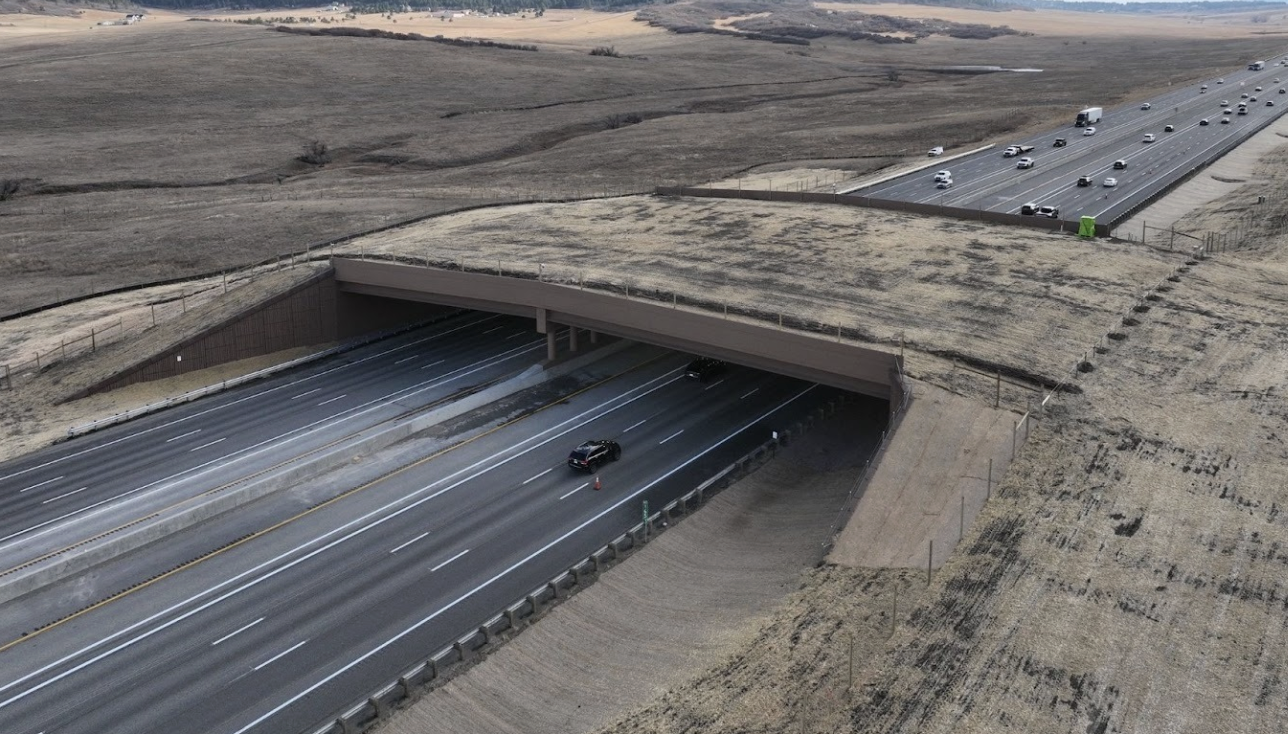Arctic sea ice is melting at such an alarming rate that scientists are warning it might trigger uncontrollable changes across the globe.
The Arctic Resilience Report, published Friday following a five-year study, warns of 19 "tipping points" — conditions that, once met, fundamentally alter the function of an ecosystem.
One of the biggest points of no return in the Arctic would be a change in the thermohaline circulation — an ocean current that distributes heat and ocean water around the globe.
Large amounts of warm fresh water — like what comes off melting glaciers and ice caps — could disrupt or even stop that current. But the scientists admit this happening is highly unlikely.
SEE MORE: Arctic Sea Ice Is Melting, And It's Partly Your Fault
The last time the thermohaline circulation stopped was at the end of the last ice age.
We're already seeing isolated incidents of a few tipping points, though. In parts of the Arctic, scientists have seen collapses of food webs where large predatory fish almost completely vanish and leave only their prey.
Most of the tipping points are actually shifts in ecosystems. Tundra to forest, marshes to tidal flats, coniferous to deciduous forests — that sort of thing.
But shifts like those are a pretty big deal. Usually only a small subpopulation of a species has the genes to survive such shifts — leading to a major loss in genetic diversity.
And, as ecosystems dominated by permafrost begin to thaw, methane — an incredibly strong greenhouse gas — gets released into the atmosphere, speeding up climate change.










